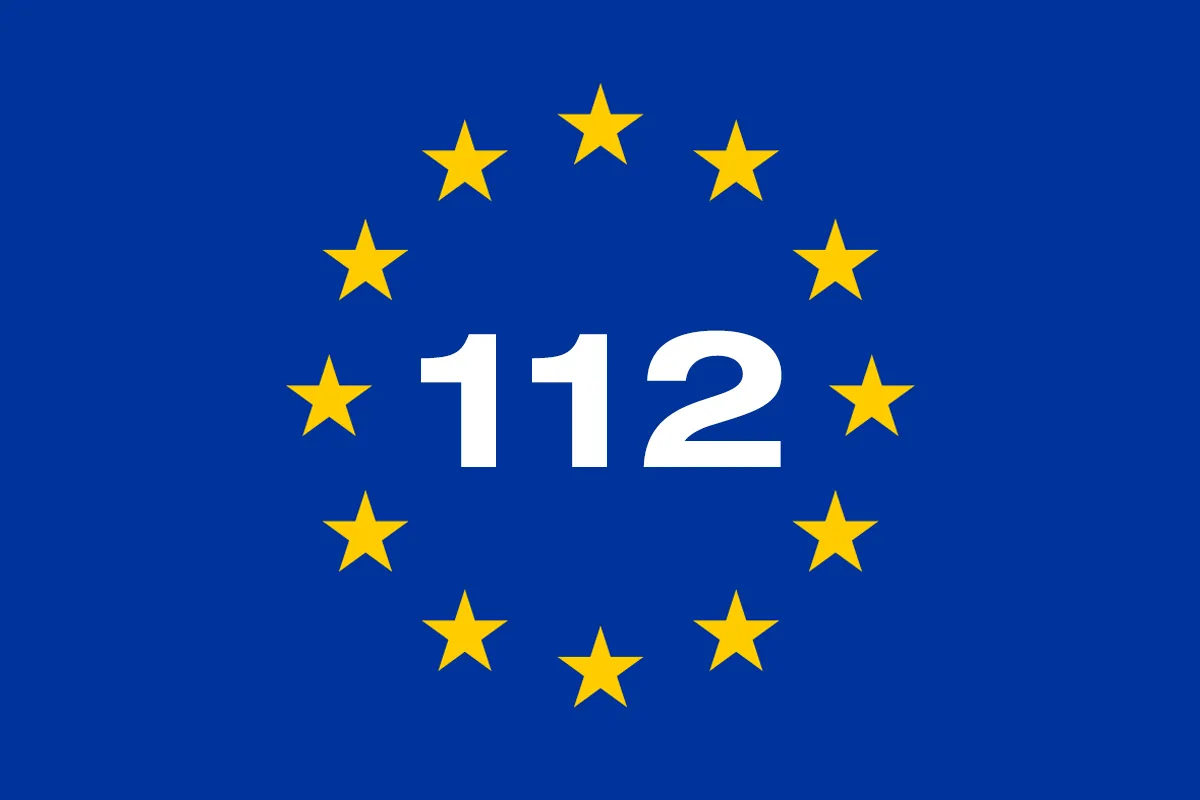MPS fuel depot for the Polish Armed Forces in Dęblin commissioned
MPS fuel depot for the Polish Armed Forces in Dęblin commissioned

For over thirty years, 112 has symbolized immediate help and swift reaction in emergencies. It’s the only pan-European emergency number that connects us with rescue services regardless of where we are in the European Union.
In moments of danger, every second matters—and 112 ensures help arrives on time, regardless of language or location. This is made possible thanks to the Location and Information Platform with a Central Database (PLI-CBD) deployed in Poland by T4B.
It’s worth remembering how valuable this number is—especially in moments that can decide about life and health.
As a reminder—112 was introduced 34 years ago by a Council of Europe resolution to unify emergency access across EU countries. In Poland, it has been available since 2005. Its main goal is to provide quick, easy contact with emergency services, no matter where you are within the EU.
112 is free of charge, and you can call it even from a phone without a SIM card or with a locked screen, ensuring access to help in critical situations.
For over 15 years, Poland has had a system that has transformed incident response, ensuring rescue services reach accident sites faster. The PLI-CBD, connected with the 112 System, delivers a 21st-century solution.
Commissioned by the Office of Electronic Communications (UKE), T4B integrated the PLI-CBD Platform with the 112 System, enabling instant identification of call location during emergencies.
When someone dials an emergency number (997, 998, 999, 112), services such as ambulance, fire brigade, or police automatically receive location data, allowing them to reach the scene quickly.
For landlines, the installation address is identified; for mobile phones, device geolocation is provided. This is crucial for cutting response times and rapidly finding people in need.
Nothing is more valuable than human life, and fast response is key to saving it. Thanks to integration with PLI-CBD, the 112 System is even more effective, automatically transmitting real-time incident location. This not only increases safety but—above all—saves lives at critical moments.
Poland handles over 22 million calls to 112 annually, and the figure grows by about 1 million each year. About 40% of calls concern road incidents (UKE 2023 data).
The average waiting time for an answer is under 10 seconds—in practice, operators pick up in a record 3–4 seconds, considering roughly 6 seconds is taken by the automatic announcement. Such speed is crucial to ensure rapid assistance in emergencies.
There’s more. PLI-CBD is also the central database of ported numbers, which has significantly streamlined number portability between operators—now possible within one business day.
In Q4 2024, over 430,000 mobile numbers and nearly 76,000 fixed numbers were ported. Throughout 2024, the totals exceeded 1.5 million (mobile) and 250,000 (fixed), according to the latest number-portability reports from the President of UKE.
Streamlined portability benefits consumers and operators alike—large and small—helping them react faster to market needs. At the administrative level, a well-functioning service builds public trust.
PLI-CBD is not only a breakthrough in public safety, but also proof of how innovation can improve quality of life. Integrated with 112, fast location of emergency calls becomes reality, enabling services to act faster and more effectively.
These benefits extend beyond phone users to the entire community, which can feel safer thanks to modern tools ensuring rapid access to help in emergencies.
Data sourced from UKE’s official website and reports.
MPS fuel depot for the Polish Armed Forces in Dęblin commissioned
Śrem opts for modern waste management with T-Master SA
T4B continues its cooperation with Polskie Sieci Elektroenergetyczne (PSE)